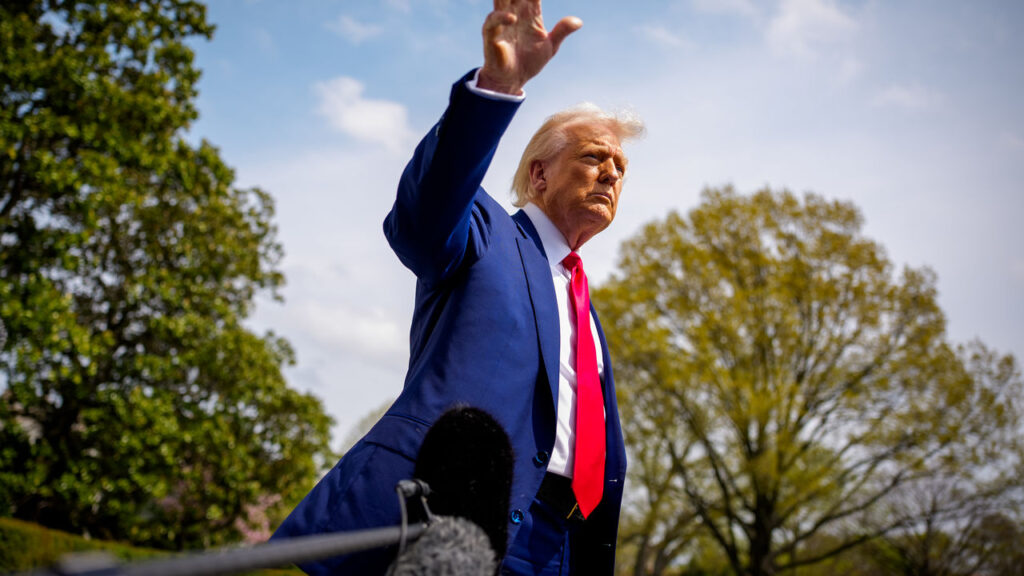In the realm of international trade, former President Donald Trump has been vocal in his critique of how the United States has interacted with the global marketplace. He famously described this relationship using harsh language, stating that America has been “looted, pillaged, raped and plundered by nations near and far.” This stark characterization reflects a sense of grievance regarding trade imbalances and the perceived exploitation of American resources and labor.
However, what is particularly fascinating is how this sentiment echoes back from various foreign entities and customers who engage with American companies. These individuals and organizations, while benefiting from the services provided by America’s renowned banking, consulting, and technology firms, often express their frustrations using similar dramatic terminology. This mutual perception raises intriguing questions about the dynamics of economic relationships and the complexities of globalization.
As Trump’s administration imposed tariffs and initiated trade wars with various countries, officials in those nations began to ponder their responses to such aggressive trade policies. The looming question became: how could they retaliate effectively while minimizing damage to their own economies? An obvious target emerged in the dialogue around potential retaliation—namely, the imports of high-cost American services.
Services such as financial consulting, digital marketing, and technology solutions offered by American firms like Goldman Sachs, McKinsey & Company, and Microsoft are integral to many foreign entities. For countries like China, the European Union member states, and even smaller markets in Southeast Asia, these services can be vital for economic development and competitive positioning. Therefore, the backlash against tariffs could very well focus on these intangible goods, which would likely have repercussions not only for American businesses but also for the economies of the countries wielding these retaliatory measures.
The implications of such a strategy could be profound. By targeting American service imports, foreign nations could signal their discontent with Trump’s policies while simultaneously making a statement about their own national interests and sovereignty. For instance, a country like China might enhance its own domestic consultancy firms and technologies in an attempt to rely less on American giants, thereby fostering local economic growth and innovation. It could pivot from U.S.-based service dependence and channel resources into homegrown solutions, which could cultivate a sense of national pride and economic resilience.
Additionally, the backlash against American services would not merely be an act of retaliation, but rather a savvy strategic maneuver that could force U.S. companies to reassess their market approaches. Companies might be compelled to adapt their offerings to be more attractive to foreign markets, innovate their service delivery, or even engage in diplomatic negotiations to quell tensions.
Every layer of this dynamic presents a multitude of outcomes that could reverberate through global markets. U.S. businesses, already feeling the pinch of tariffs on goods, might find themselves squeezed from another angle, creating a compounded effect on their growth prospects. The threat of losing access to critical markets would be a significant concern for companies accustomed to exporting their services worldwide.
In conclusion, the narrative of global trade as posited by Donald Trump may resonate with a myriad of international stakeholders as they wrestle with the aftereffects of his administration’s policies. As foreign nations contemplate their responses, the potential targeting of American services highlights the interconnected nature of modern economies and the complexity of international relations. Economic retaliation in this context would serve as a reminder that global trade is not merely a transaction of goods but a web of interdependencies that shape the course of geopolitical landscapes and economic realities for years to come.









